1. What is a fuse?
A fuse, invented and patented by scientist Thomas Alva Edison in 1890 in the USA, is a device that protects electrical devices from damage caused by high voltage. When a malfunction occurs, the fuse interrupts the electrical circuit to prevent fire or explosion, protecting property and the user’s life.
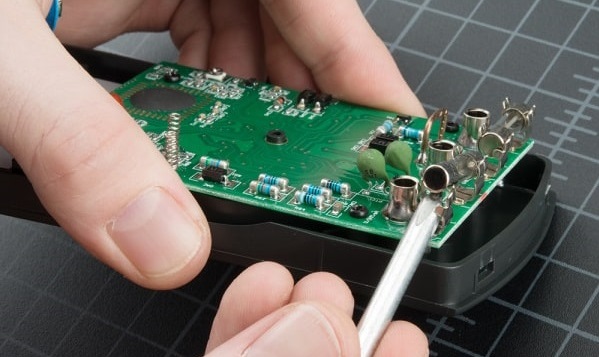
2. Operating principle of a fuse
A fuse operates by melting or bending to break away from the electrical circuit. When the current flowing through the conductor suddenly increases, the fuse burns out to disconnect the power supply from the devices, preventing accidents.
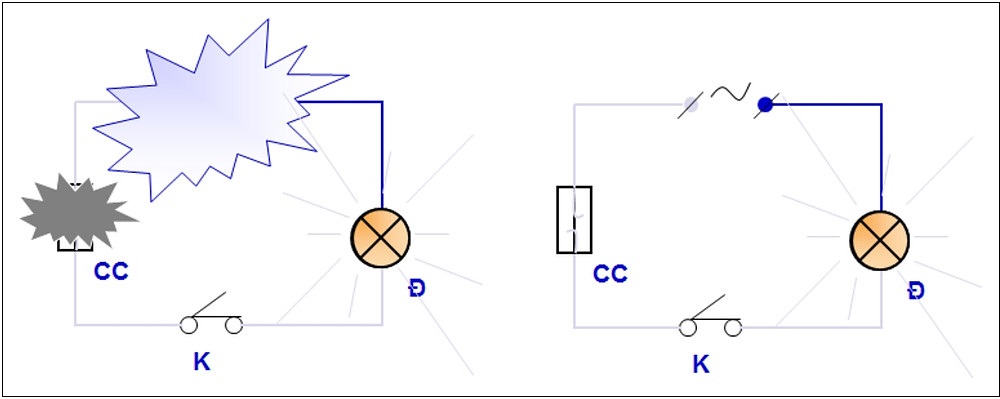
3. Classification of fuses
According to operating environment
- High voltage fuse: Used in electrical systems up to 115,000 AC volts. It protects transformers, measuring instruments, and small electrical transformers.
- Thermal fuse: Typically used in consumer devices or power supplies for consumer electronics. It is designed for environments with temperature variations.
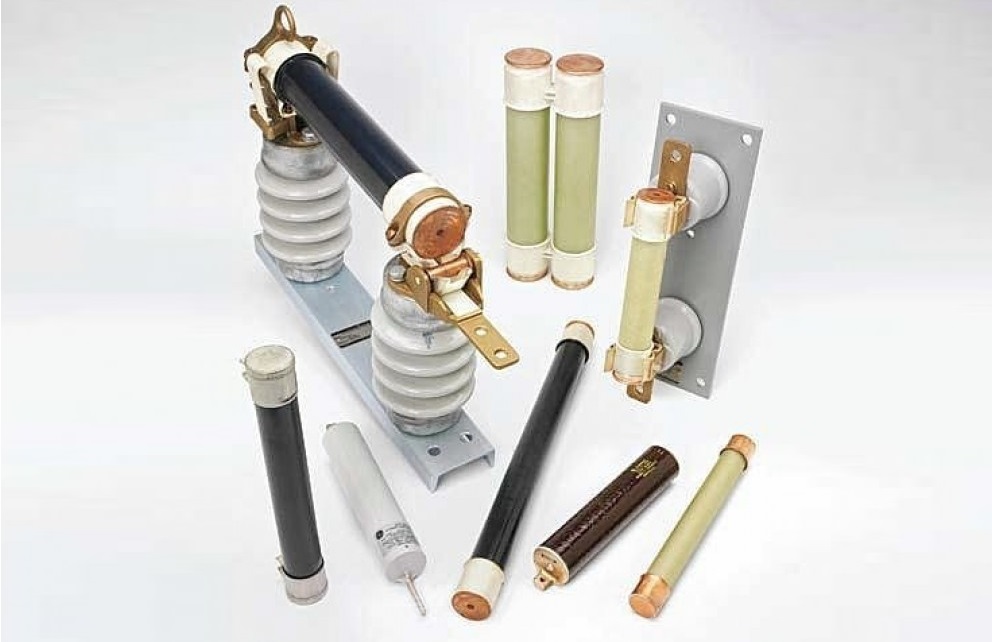
According to structure
- Open-type fuse: Product without external casing.
- Screw-type fuse: Screwed into a threaded hole on the circuit and easily replaced.
- Box-type fuse: Placed inside a box.
- Tubular fuse: The fuse wire is enclosed in a glass tube.
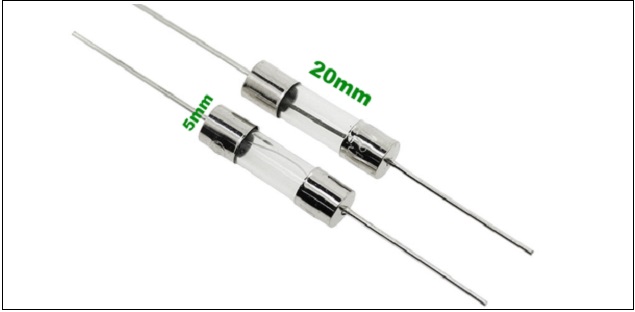
According to characteristics
- Ceramic fuse: The fuse wire is coated with ceramic. It is easy to install and used in electrical systems and small industrial sectors.
- Dropping fuse: Used to protect outdoor power supply.
- Tube fuse: Consists of a fuse holder, a fuse cap, and a set of connecting wires.
- Explosion fuse: Creates an explosion sound when it exceeds its rated limit.
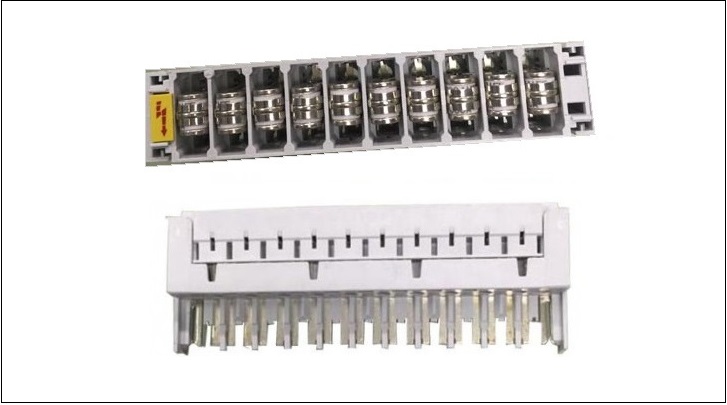
According to usage frequency
- Fuses are single-use only.
- Fuses can be rewired.
- Fuses can automatically reconnect the circuit.

4. Considerations when choosing a fuse
When choosing a fuse, it is important to consider the rated voltage, rated current, cutting capacity, ampere-time characteristics, and fuse current limitation capability. For capacitor protection or transformer, overcurrent should be taken into account. In the case of motor protection, the starting current and starting time of the motor should be considered.
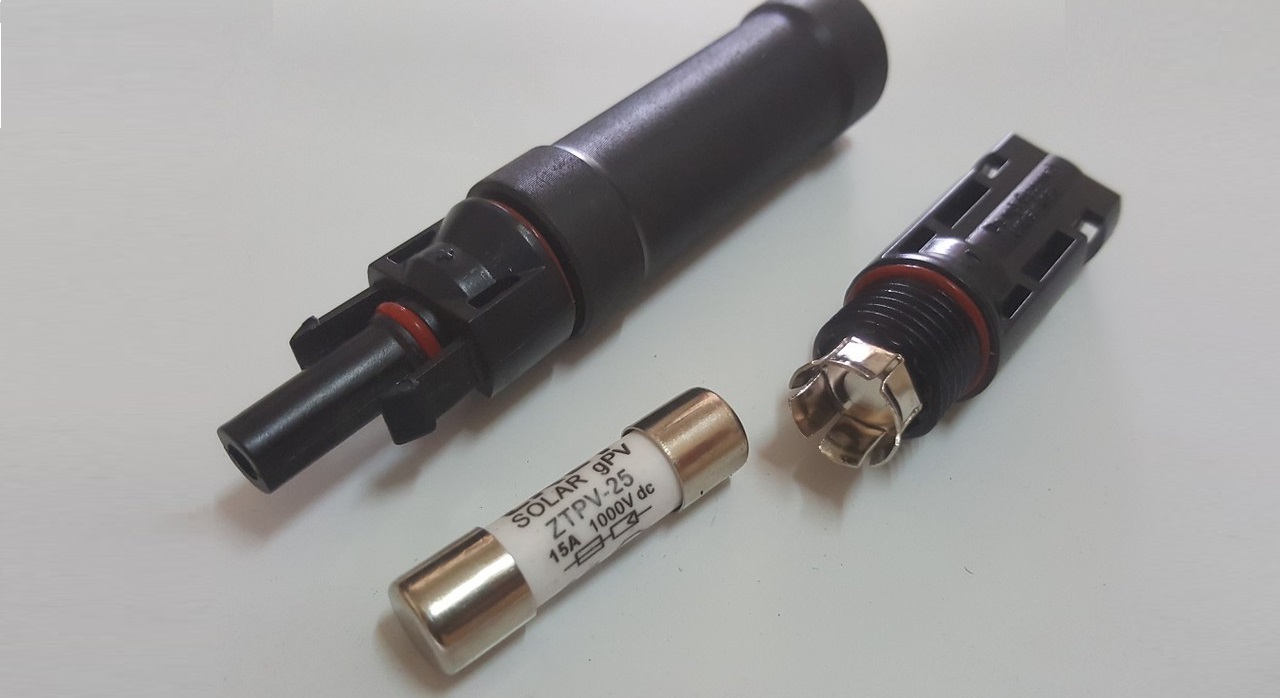
With the above information, hopefully, it will help you when choosing a fuse. If you have any questions, please comment below!
2 Signs of Intelligence in Children That Often Worry Parents: How to Guide Them to Become a Genius
Every parent worries when they notice their child showing signs of being different from the norm, especially when it comes to intelligence. However, with the right understanding and guidance from parents, these differences can actually be nurtured and help the child develop into a genius in the future.

































